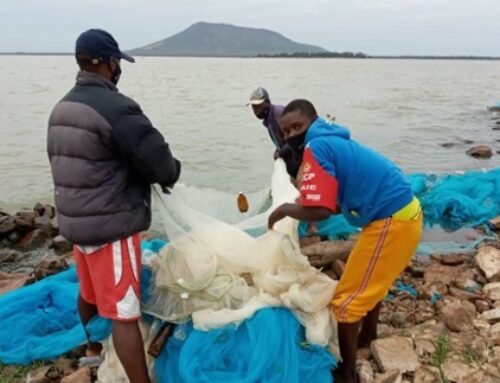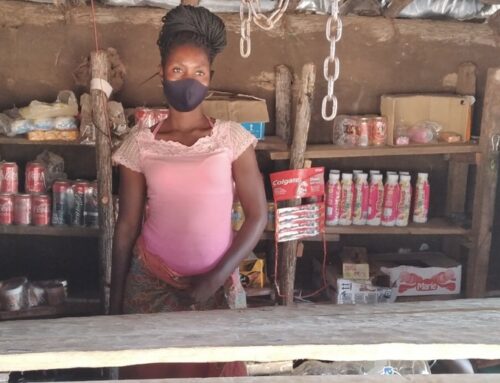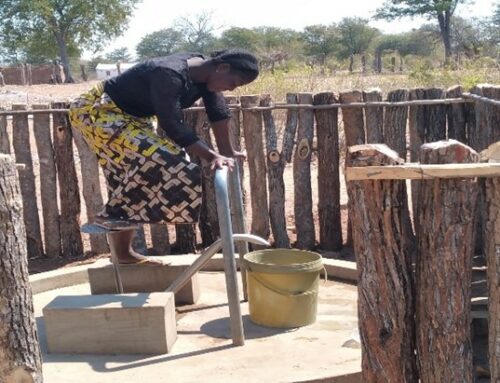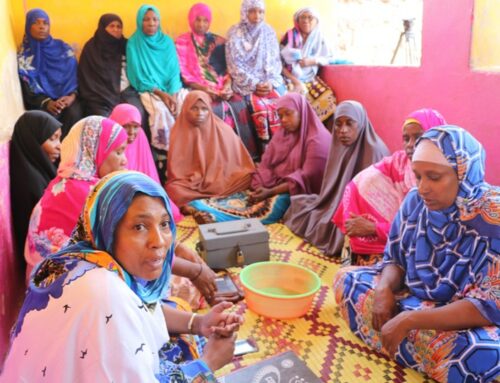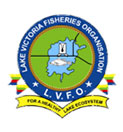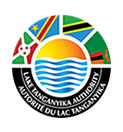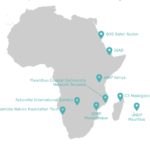On the banks of the Zambezi – the fourth largest river in Africa – lies Wanyau, a small village in Zambia. The vast expanses of water and swamps surrounding the village set a conducive environment for fishing and growing vegetables… It is therefore not surprising that fishing is the main activity in Wanyau, mainly made up of women and young people. Gardening and livestock rearing are also common activities to help villagers make ends meet.
The fishermen of Wanyau have always used handmade fishing nets, enabling large catches. Unfortunately, these nets–which the locals call corona and sikukula– clear up everything on their way, including eggs and small fishes. This inevitably leads to the depletion of the river’s fauna.
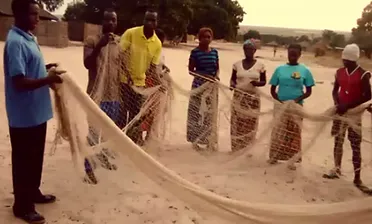
The leader of the fishing committee at the community level (in yellow) teaching young people good fishing practices.
To address this problem, the Keepers Zambia Foundation (KZF) intervened with the Zambia Social Forum and ActionAid Zambia (AAZ). These three NGOs are collaborating to implement the sustainable artisanal fishing project (Zambia Sustainable Small Scale Fisheries) in the locality, with the support of the ECOFISH program, funded by the European Union.
KZF organized various awareness-raising sessions on the importance of sustainable fishing within the Community Fisheries Committees (CPCs). In addition, this foundation offered training on good practices for the sustainable management of aquatic resources. Through these learning sessions, fishermen of Wanyau began to adopt new fishing methods that protect the fish species. Jane Mubita, a resident explains: “ Many of us in the community have stopped using corona and sikukula. We now choose the five to eight centimetre nets to catch only big fishes.”
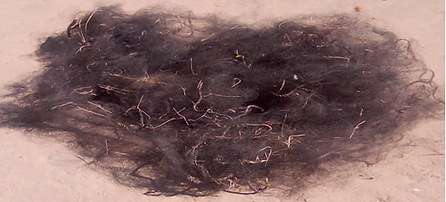
Corona fishing net
CPC members are not the only ones to have benefited from this change. Today, the sustainable management of fisheries has become everyone’s business. Among other things, a calendar of fishing seasons has been established in collaboration with the fisheries department and the chiefs of the village, to provide enough time for fishes too. Whenever fishing is prohibited, people are encouraged to focus on other activities such as vegetable growing.
A great initiative that is showing great results!


